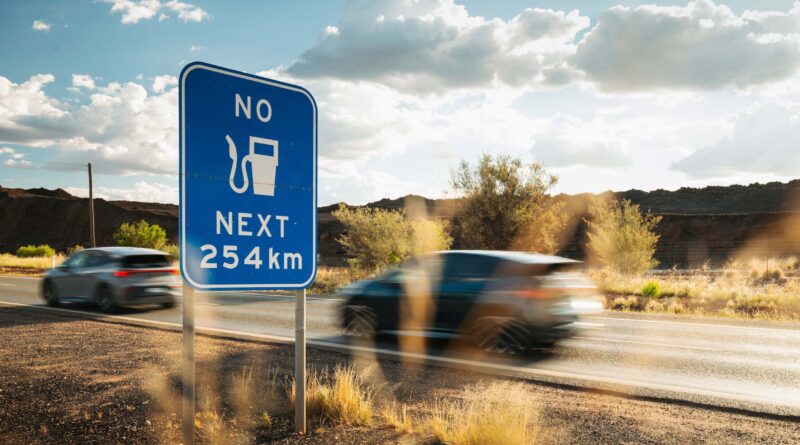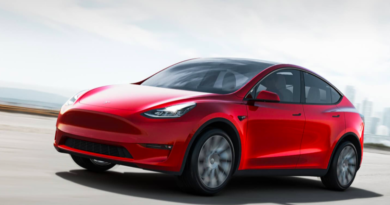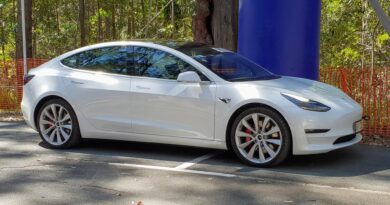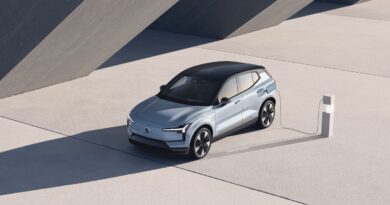Fuel standard signals fight for zero emissions is underway
The federal government has confirmed it will introduce a mandatory fuel emission standard to encourage the take-up of electric vehicles.
Consultation on the fuel efficiency standard begins today (April 19) and the government will release its proposed design by the end of 2023.
READ MORE: The electric year ahead: every EV coming to Australia in 2023
READ MORE: Complete guide to rebates, discounts and incentives when buying an EV in Australia
The announcement has already ramped up lobbying by vehicles manufacturers, environmental lobbyists and other interested parties to have the scheme reflect their interests.
Greenpeace was quick out of the blocks to take a shot at the Federal Chamber of Automotive Industries, which represents the vehicle brands in Canberra.
“Car industry lobbyists, the Federal Chamber of Automotive Industries (FCAI), were recently exposed as having a secret emissions plan that would slow EV uptake. To deliver maximum benefits to Australian households, the government will need to resist pressure from car makers like these who would like to keep Australia as a dumping ground for polluting cars they can’t sell elsewhere,” said Greenpeace Australia Pacific Senior Campaigner Lindsay Soutar.
“The government needs to deliver for Australian households and the climate, not big car makers.”
Design assumptions the federal government says will be incorporated into an emissions standard are contained in a consultation paper. The standard will:
Apply only to vehicles entering the Australian market for the first time.
Apply on average to vehicles sold.
Apply to light vehicles.
Apply to vehicle suppliers, not motor vehicle dealers.
Be mandatory.
Be established in Commonwealth legislation. Consider vehicle affordability, lifetime cost and model availability.
The consultation paper makes clear that a decision is yet to be made on whether single or dual emissions targets will be adopted, the latter separating passenger vehicles from the utes and SUVs such as the Toyota HiLux and LandCruiser that are very popular in Australia.

This is likely to be a lightning rod for debate between opposing factions in the debate.
For instance, The Climate Council has already called for all new vehicles sold by 20235 to be zero emissions “at the latest”.
In its official response the FCAI specifically pointed to the consultation paper’s implications.
“The Federal Government’s announcement this morning acknowledges the proposed scheme will be suited to Australia, apply all available emissions reducing technologies and ensure that Australian families and businesses are not disadvantaged in terms of choice and price,” FCAI chief executive Tony Weber said.
“The questions and topics raised in the consultation paper highlight the complexity of the issue and demonstrates the Government has done its homework to ensure any future emissions standard is not a simplistic copy of an overseas standard but instead suited to Australia.”
The federal government estimates the introduction of a fuel efficiency standard could save motorists up to $519 per year.
Australia is one of the few developed countries in the world without a fuel efficiency standard.
Tightening standards are intended to reduce the emissions of petrol and diesel-fuelled vehicles and encourage the take-up of battery electric vehicles.
Followed to its logical conclusions, the standards should eventually lead to a ban of fossil-fuelled vehicles.
In other parts of the world such as western Europe where there are strong CO2 emissions standards vehicle manufacturers have already begun moving away from fossil fuelled vehicles to BEVs.
The confirmation Australia is developing a fuel efficiency standard is the most obvious and palpable step the federal government commits to in its national electric vehicle strategy officially launched this morning.
The strategy emerges in response to a consultation period that commenced in 2022.
In a joint statement issued by the relevant ministers Chris Bowen and Catherine King it was described as “a comprehensive roadmap to ensure Australians have a better choice of electric vehicles, and encourage greater use of cleaner, cheaper-to-run vehicles”.
In the foreword to the strategy the ministers said it is intended to send “a clear message to the boardrooms of vehicles suppliers around the world: Australia wants you EVs”.
However, there actually appeared to be very little new in the strategy, which reprised federal and state government objectives in terms of increasing EV take-up, increasing infrastructure roll-out and other measures.




